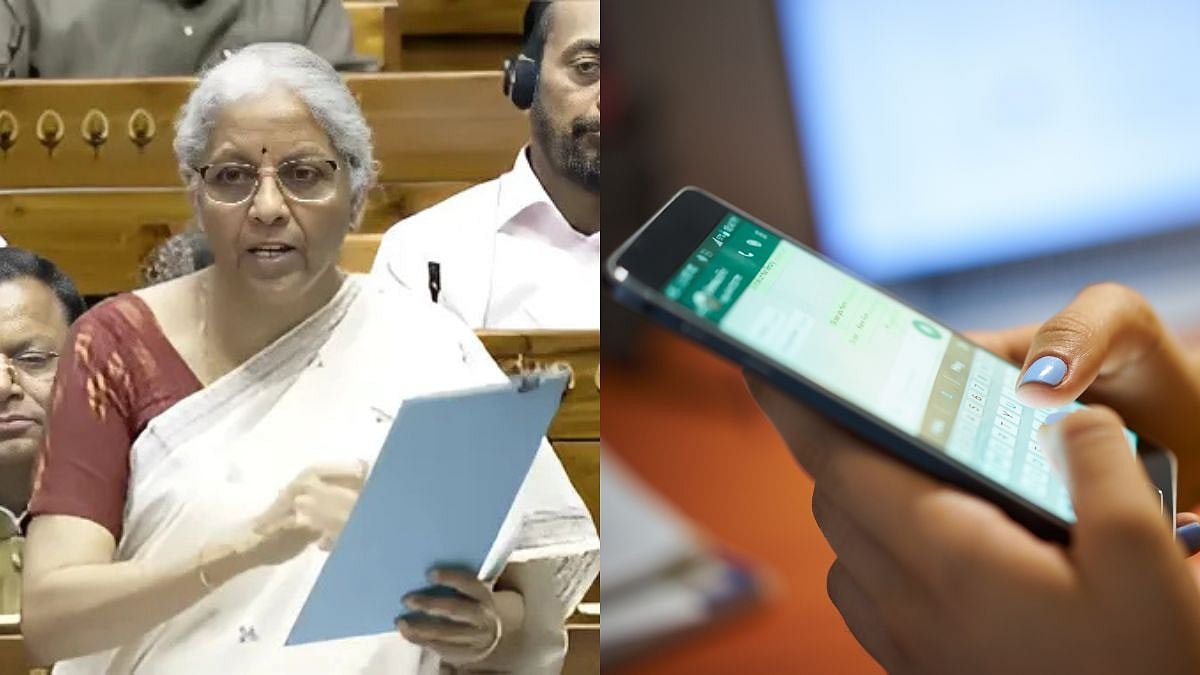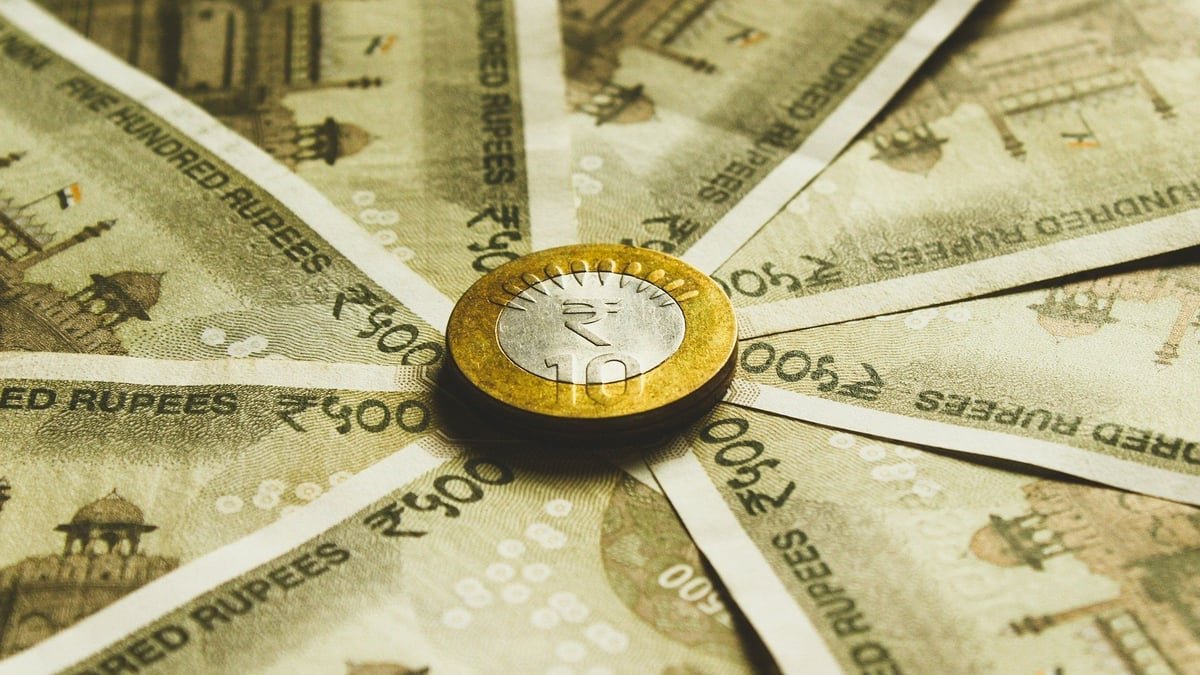New Delhi: Union Finance Minister Nirmala Sitharaman recently defended the provisions of the Income Tax Bill, 2025, in the Lok Sabha, highlighting the effectiveness of digital surveillance in identifying tax evasion. She noted that the use of encrypted WhatsApp chats and Google Maps has led to the discovery of ₹200 crore in tax frauds linked to unaccounted wealth and crypto assets. This marks a significant evolution from the longstanding Income Tax Act of 1961.
In her speech, Sitharaman provided examples showcasing successful digital surveillance. She revealed that Rs 200 crore related to concealed money from crypto transactions was uncovered via WhatsApp communications. Investigators also employed Google Maps to locate undisclosed cash storage areas, allowing for successful raids. Additionally, social media, particularly Instagram, became a tool to identify suspicious ‘benami’ properties based on lifestyle indicators, while audits of emails and business records disclosed hidden transactions tied to tax evasion.
We carried out a ‘nudge’ campaign in which we nudged taxpayers to voluntarily disclose their Foreign Income and Assets. SMS and Emails were sent to around 19,501 select taxpayers asking them review their Income Tax Returns filed for the AY 2024-25 based on information available… pic.twitter.com/2kRnrm3zx4
— Nirmala Sitharaman Office (@nsitharamanoffc) March 25, 2025
The finance minister asserted that enabling tax authorities access to digital records is crucial in ensuring financial integrity. She pointed out that the data collected from encrypted messages has led to discovering a total of Rs 250 crore in unaccounted funds, emphasizing the importance of scrutinizing cryptocurrencies.
Sitharaman further stressed that analyzing Google Maps contributed to identifying frequent cash concealment locations and that Instagram activity clarified questionable property claims. She underscored the need to adapt tax regulations to modern digital contexts, insisting that no virtual assets should evade examination.
Following are the benefits to the vulnerable sections – SCs/STs/OBCs – under various initiatives of the Hon’ble PM Shri @narendramodi-led govt:
✅ Under PM KISAN, around 76% of the farmers are SC/ST/OBC.
✅ Under PM Awas (Urban) in the last decade, over 1.18 crore houses have… pic.twitter.com/5E9E4aHsKk
— Nirmala Sitharaman Office (@nsitharamanoffc) March 25, 2025
What Is The Income Tax Bill 2025?
The Income Tax Bill, 2025, presented in the Lok Sabha on February 13, 2025, proposes substantial reforms to the Income Tax Act of 1961 to modernize tax regulations in light of digital and economic advancements. A key feature of the Bill is the expanded definition of undisclosed income, which now includes virtual digital assets such as cryptocurrencies and digital tokens, facilitating improved tax compliance and oversight.
Privacy Invasion Controversy Surrounding Income Tax Bill
The new provisions in the Income Tax Bill, 2025 grant authorities significant powers for search and seizure in digital spaces, allowing access to email servers, social media, and online trading platforms to combat tax evasion.
The Bill seeks to modernize taxation by simplifying structures, increasing fraud prevention, and intensifying surveillance of digital transactions. Tax officials can investigate communications and cryptocurrency activities using AI forensic tools.
Cryptocurrency traders and businesses must ensure transparency and comply with new regulations regarding digital records. However, concerns over privacy violations and the potential misuse of these powers have emerged, highlighting the need for careful implementation and technology training for tax officials. Overall, it raises complex issues around privacy and compliance.




